Guide
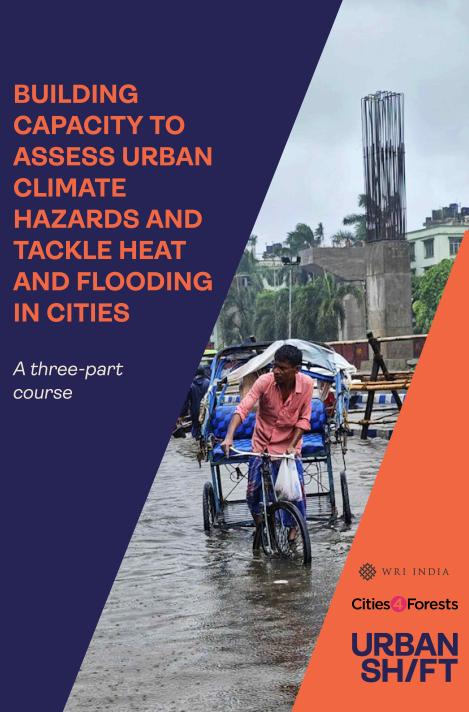
Building Capacity to Assess Urban Climate Hazards and Tackle Heat and Flooding in Cities
A three-part course
These three interconnected courses are designed to build the capacity of city officials and urban practitioners to conduct vulnerability assessments.
Co-developed by WRI India, UrbanShift, and Cities4Forests, this three-part series of self-study courses are designed to build the capacity of city officials and urban practitioners to conduct vulnerability assessments. With this knowledge, cities will be better equipped to implement effective nature-based approaches to enhance climate resilience to heat and flooding in cities.
The three modules have been thoughtfully developed to build on each other to offer a comprehensive view of this essential subject. Interested users are encouraged to review all three modules consecutively, to enhance their learning experience. The three modules are:
Module 1: An Introduction to the ‘Climate Hazard Vulnerability Assessment’ Framework to Prioritize Resilience Actions in Cities
This module introduces the Climate Hazard Vulnerability Assessment (CHVA) framework, which helps cities prioritize resilience actions by identifying the most vulnerable areas, communities, and infrastructure.
The CHVA framework has been applied in numerous and diverse urban contexts to evaluate differential vulnerabilities to climate hazards. For example, several Indian cities have used the CHVA to assess how different communities are affected by climate risks, considering factors such as socioeconomic status, infrastructure quality, and environmental conditions. Urban planners and policymakers in cities including Mumbai, Nashik, Solapur, Chhatrapati Sambhajinagar, Bengaluru, and Kochi have used the CHVA to develop targeted strategies that enhance resilience among the most vulnerable populations. This learning module helps cities identify and tackle the needs of those who are socially, economically, and politically vulnerable to climate hazards. To learn more about the CHVA framework and its applications, access the WRI CHVA publication here.
This module was presented during a three-part capacity building webinar series, which UrbanShift hosted in collaboration with WRI India and Cities4Forests on 5 February 2025.
Module 2: Nature-Based Solutions to Tackle Extreme Heat in Cities
As regions have urbanized, heat-absorbing surfaces have replaced natural areas, eroding green cover and diminishing water bodies. This module explores how cities can re-introduce nature-based solutions, like green infrastructure and urban forests, to mitigate their intensifying heat challenges. Spanning guidance for identifying hotspots, types of nature-based solutions, and case studies of successful implementation, the module offers a clear roadmap for building city-wide resilience to heat.
This module was presented during a three-part capacity building webinar series, hosted by UrbanShift in collaboration with WRI India and Cities4Forests on 5 March 2025.
Module 3: Nature-Based Solutions to Mitigate Flooding and Stormwater Risks in Cities
With increasing impervious surfaces and inadequate stormwater management, urban floods pose a significant challenge for cities, their residents, and their infrastructure. This module highlights methods to identify flood-prone areas, explore blue-green infrastructure solutions, and presents case studies on flood resilience. The module also discusses policies and long-term interventions for holistic water security.
This module was presented during a three-part capacity building webinar series, hosted by UrbanShift in collaboration with WRI India and Cities4Forests on 26 March 2025.
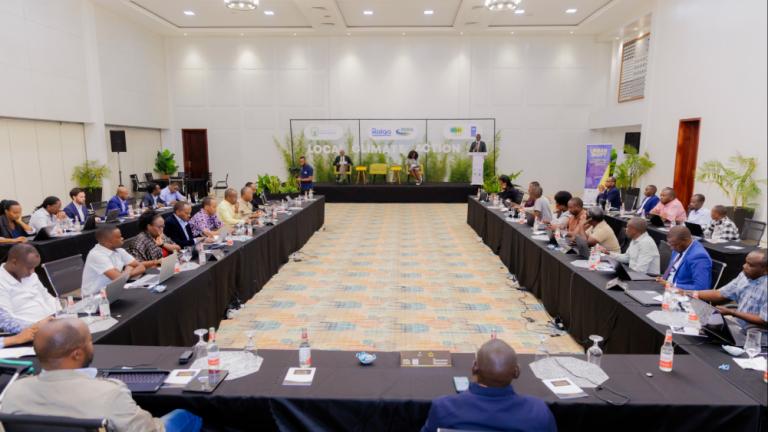
UrbanShift Looks Back: On the Importance of Facilitating Multi-Level Collaboration
Over the course of the UrbanShift program, ICLEI has led on National-Local Dialogues and other efforts to support enhanced collaboration across levels of government to create more aligned, actionable climate strategies.
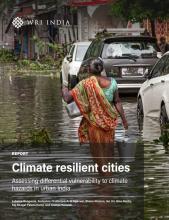
Climate Resilient Cities: Assessing Differential Vulnerability to Climate Hazards in Urban India
The report highlights the need to integrate equity into climate action planning in Indian cities. It examines how socioeconomic inequality and marginalization shape climate risks.
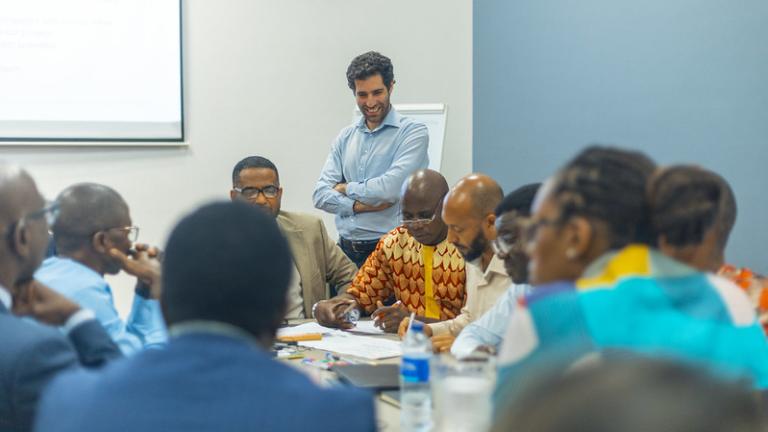
UrbanShift Looks Back: Reflecting on Uniting Stakeholders for Climate Action
C40’s Viola Follini, Matheus Ortega, Emily White, Anelise Rosa, and Amaia Leonet discuss the value of bringing a wide range of sectors—from mayors to the private sector—to the table to accelerate urban transformation.
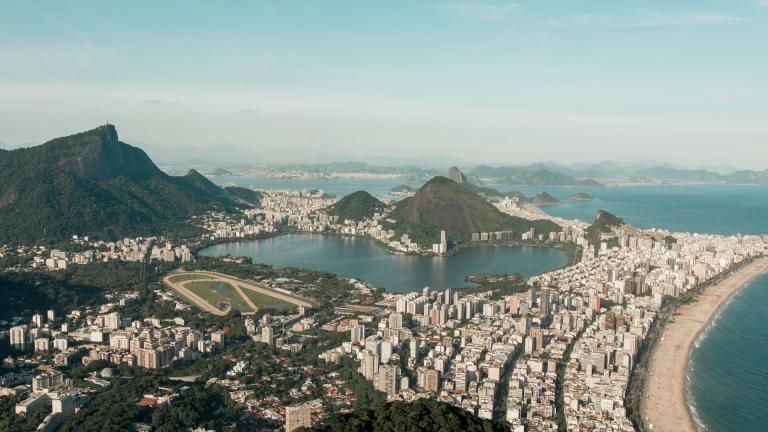
UrbanShift at COP30
UrbanShift will be participating in a range of events during the Local Leaders Forum in Rio and COP30 in Belém. Learn more here.
